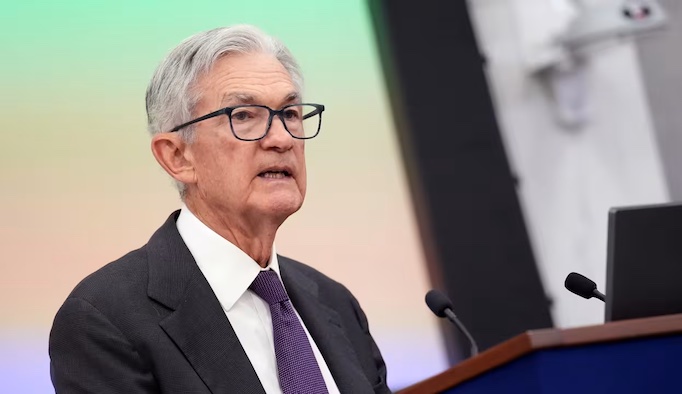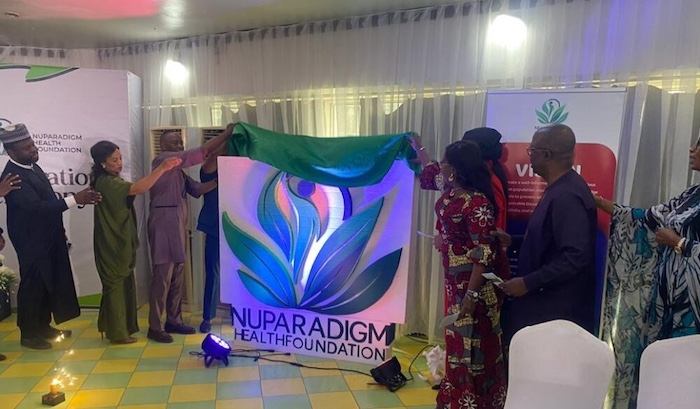
Magistrates could see an increase in their salaries if ongoing delays are resolved, the Independent Commission for the Remuneration of Public Office Bearers has told Parliament.
The commission briefed the National Council of Provinces’ (NCOP) Select Committee on Security and Justice on the 2024 Consolidated Remuneration Review Report, published in October last year.
The report followed a comprehensive review of compensation, benefits, and allowances for a wide range of public office holders.
ALSO READ: MPs call for magistrate’s R1m salary to be withheld after she stopped going to work in 2019
This includes the president, ministers, Members of Parliament (MPs), judges, magistrates, premiers, MECs, mayors, the public protector and the auditor-general.
The remuneration review process has a long history, with the first comprehensive report released in 2007 and subsequent updates issued in 2008 and 2011.
The parliamentary briefing coincided with demonstrations held by a group of magistrates in Cape Town.
The presiding officers marched to Parliament to draw attention to their concerns, such as unequal pay and security challenges in lower courts.
Salary disparities between judges and magistrates
The commission’s deputy chairperson, Phineas Tjie, told the committee on Wednesday that the institution initiated the current review to assess the fairness of remuneration packages, pensions, and medical aid for members of the judiciary.
He highlighted that the review was conducted to close the salary gaps across different levels of court workers.
Tjie said the concerns raised by magistrates were taken into account during consultations and included in the judicial sector report.
He revealed that there was a 19% difference between the salary of the lowest-ranked judge and that of the top-earning magistrate.
“With the [commission’s] recommendation, the difference is 8%.”
READ MORE: ‘Improving their golf skills on full pay’: Suspended magistrates earn R1m salaries for years
Currently, regional court presidents earn R1 689 981 per year, while chief and regional magistrates take home R1 516 364 annually.
Senior magistrates earn R1 256 919, and ordinary magistrates receive R1 161 674.
The commission has proposed salary increases across the board.
Under the recommendations, regional court presidents would see their pay rise to R2 082 501.
Chief and regional magistrates’ salaries would increase to R1 908 959, senior magistrates would earn R1 715 417 and ordinary magistrates would receive R1 561 876.
Watch the meeting below:
Tjie explained that magistrates’ pension benefits fall under the Government Employees Pension Fund (GEPF), and therefore do not require any changes.
Regarding medical aid, the commission recommended maintaining the current policy that allows magistrates to join a medical scheme of their choice, rather than mandating membership in the Government Employees Medical Scheme (GEMS).
“The medical aid is something that I think, going forward, we need to work on strongly because here we are just saying they can join their own choice of medical aid,” Tjie said.
Implementation delays
Tjie further indicated that judges and Finance Minister Enoch Godongwana were dissatisfied with the commission’s recommendations to President Cyril Ramaphosa.
“As a result, the president was not able to approve our recommendations.
“Instead, he referred these complaints back to us and we have already engaged with the judiciary on their concerns,” he said, adding that the commission was also engaging with Godongwana.
He acknowledged that magistrates were unhappy about delays in implementing the review report.
“They are not complaining about what has been recommended,” Tjie told MPs.
READ MORE: More than R140 million in salaries paid to suspended government employees
He also clarified that the commission was not responsible for setting working conditions for public office bearers after protests by magistrates in Durban.
Meanwhile, DA MP Mzamo Billy asked whether there had been any progress in implementing the report since it was handed over to the president in October 2024.
The committee’s chairperson, Jane Mananiso, also voiced frustration over the delays.
“There’s just been a slow pace on dealing with this issue,” she said.



